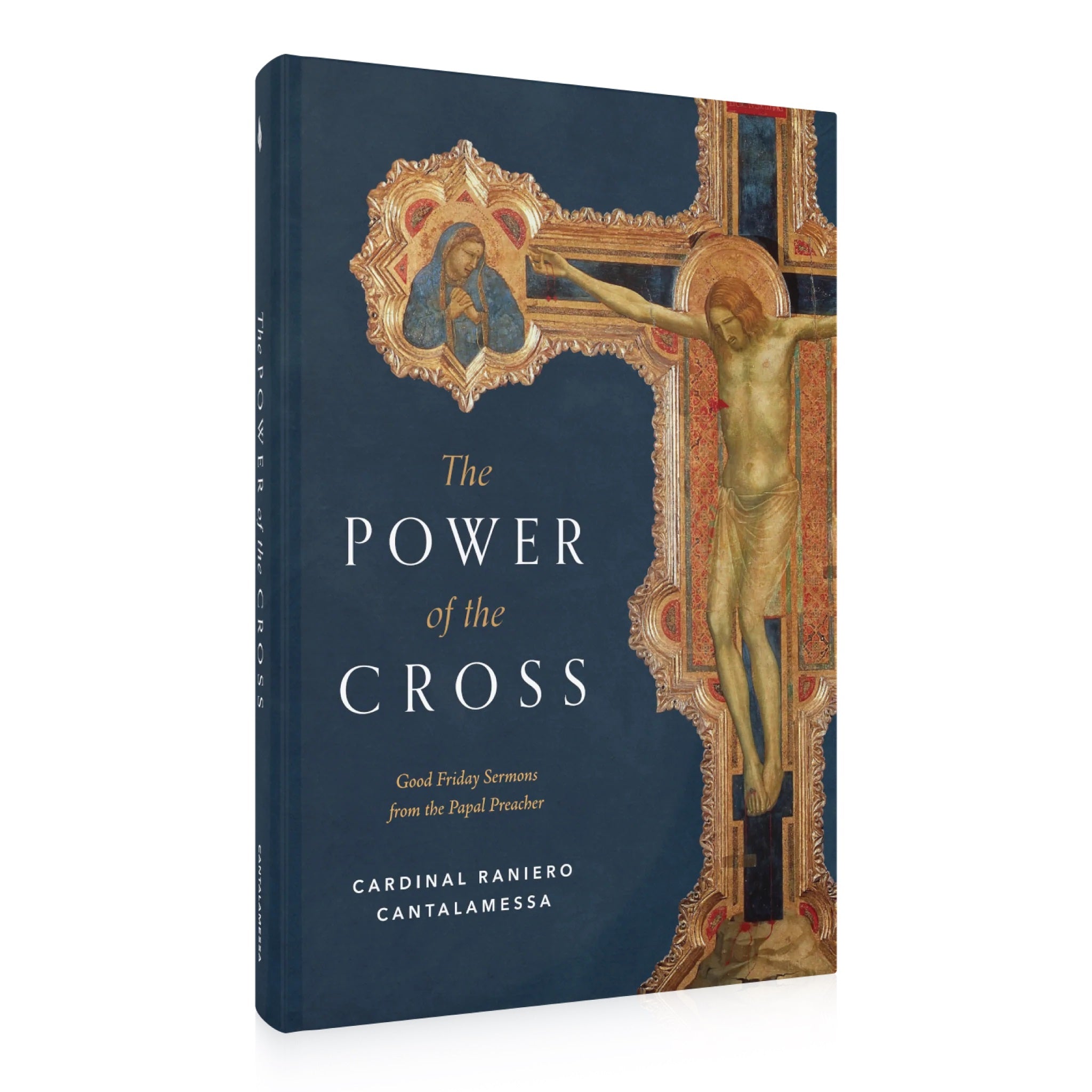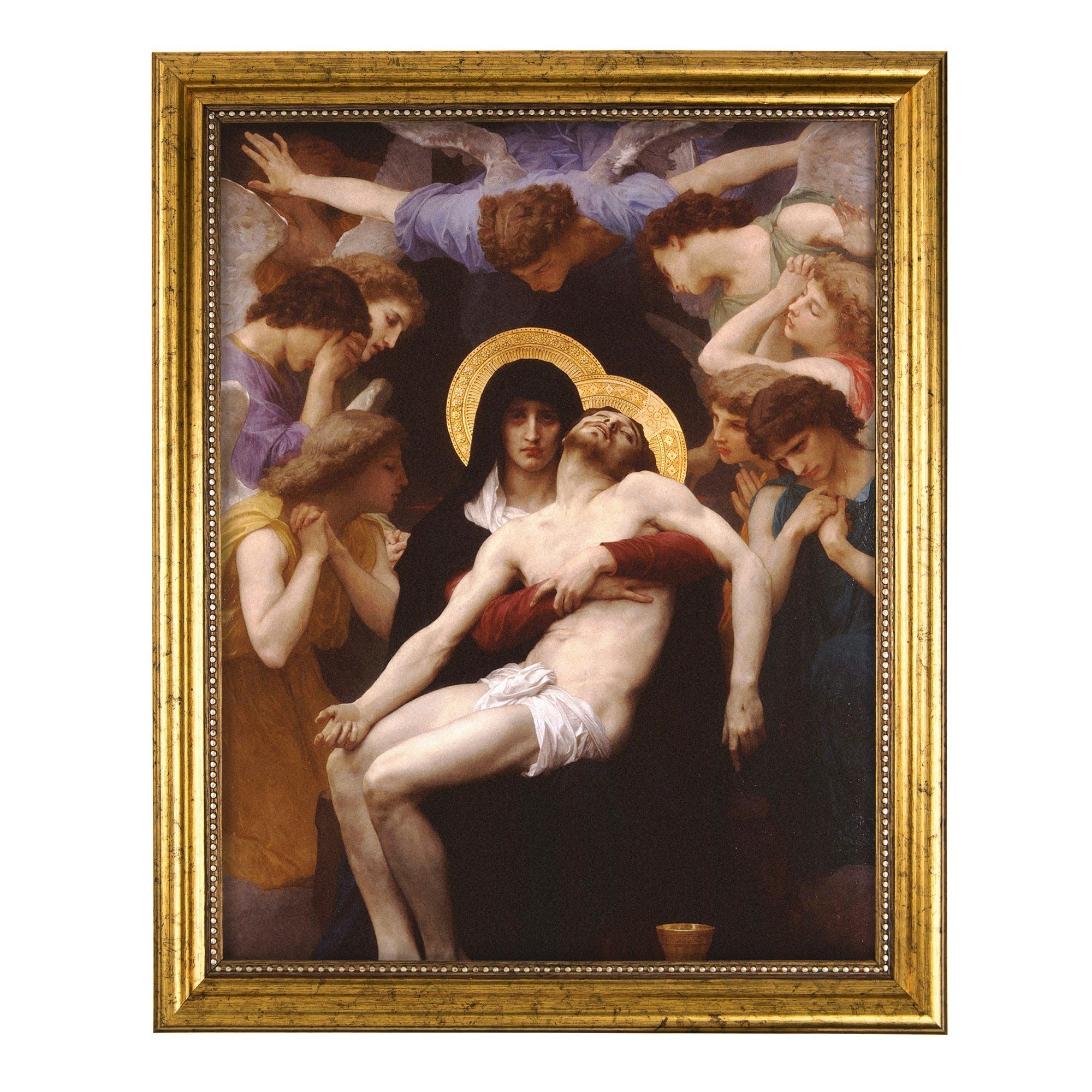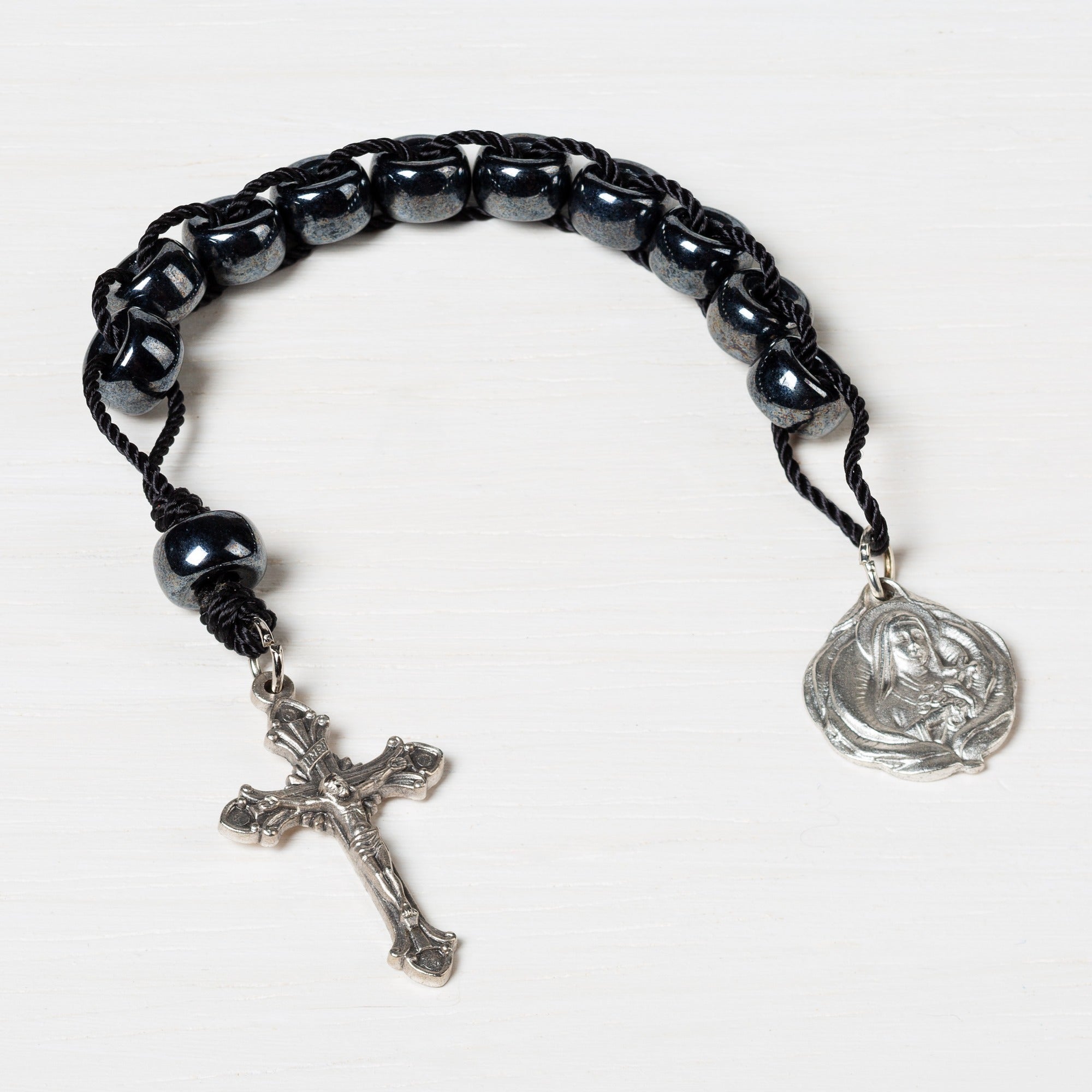One of the fun parts of Ash Wednesday is comparing your ashes to everyone else’s.
“Did you get a good cross?”
“I got a big one!”
“Mine’s just a smudge…”
It’s also energizing to see total strangers walking down the street and knowing—by their dusty forehead—that they are united with you in the observance of this holy day and season.
Catholics first started putting ashes on their foreheads on Ash Wednesday at least as early as the 8th century, when the practice can be found in the Gregorian Sacramentary (a book with directives for the liturgy). That’s simply the earliest recorded date for doing so—it’s likely a much earlier tradition.
Long before that, donning sackcloth (a coarse animal hair shirt) and ashes was a Jewish penitential practice. We see it many times in the Old Testament.
For example, in the book of Jonah, the King of Nineveh puts on sackcloth and sits in ashes when Jonah prophesies the destruction of the city.
Our Lord refers to this practice in the Gospel of Matthew:
“Woe to you, Chora′zin! woe to you, Beth-sa′ida! for if the mighty works done in you had been done in Tyre and Sidon, they would have repented long ago in sackcloth and ashes.”
—Matthew 11:21
So the practice of wearing ashes really goes back thousands of years. The words that the priest says as he marks our forehead go back even further than that:
“Remember man that thou art dust, and unto dust thou shalt return.”
This phrase is almost a direct quote from the Book of Genesis, when God pronounces the punishment for the sin of Adam:
“…In the sweat of your face you shall eat bread till you return to the ground, for out of it you were taken; you are dust, and to dust you shall return.”
—Genesis 3:19
Here at the beginning of Lent, it is most fitting that we should recall the origin of our sinfulness. These forty days are a preparation for the holiest time of the year, the Sacred Triduum, wherein we commemorate the sacrifice of the New Adam, Who came to wash away the mark of our sin in His own Blood, and Who went down to the dust to raise us up from it.
If, like many of us, you’ve been caught unawares by Lent, don’t worry! You still have time to order a powerful Lenten devotional to help structure and transform your Lent. Our favorite is The Power of the Cross: Good Friday Sermons from the Papal Teacher! A collection of powerful sermons, given by Father Raniero Cantalamessa, in his role as Preacher to the Papal Household, these Good Friday meditations illuminate the mystery of Christ’s Paschal Sacrifice. Order your copy today from The Catholic Company!





























